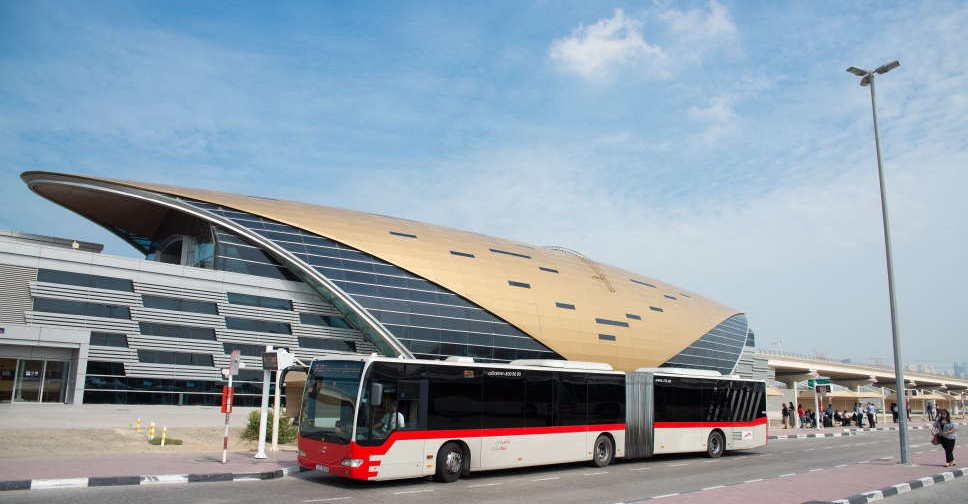
School and university students can get up to 70 per cent discount and avail of other offers at a wide range of retail outlets within Dubai and nationwide with a new Nol card.
"The card also facilitates payments at school and university canteens," explained Mohammed Al Mudharreb, CEO of Corporate Technology Support Services Sector, RTA, adding that it will "serve as an international student identification card".
"The new Nol card also offers student’s parents the capability to manage their children's accounts. This includes topping up the card balance and overseeing daily expenditure limits for their children," he added.
Students can get the card via the nol Pay app and have it delivered directly to their address.
In addition to the exciting retail discounts, the Nol card offers a 50 per cent discount on Dubai Metro, Tram, buses and marine transport.
It comes after a Memorandum of Understanding (MoU) between Dubai's Roads and Transport Authority (RTA) and International Student Identity Card (ISIC) Association was sealed during the MENA Transport Congress and Exhibition.
Salah Al Marzouqi, Director of the RTA's Automated Collection Systems Department told ARN News that the new Nol card is expected to be introduced in time for the new academic year.



 UAE withdraws additional Nestlé baby product
UAE withdraws additional Nestlé baby product
 UAE President discusses bilateral ties with Slovakia PM
UAE President discusses bilateral ties with Slovakia PM
 UAE readies 4,000 tonnes of aid for Gaza via Saqr Humanitarian Ship
UAE readies 4,000 tonnes of aid for Gaza via Saqr Humanitarian Ship
 UAE, EU discuss regional developments
UAE, EU discuss regional developments
